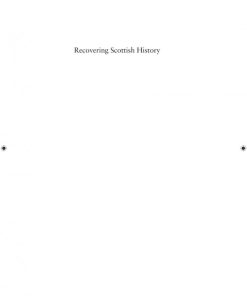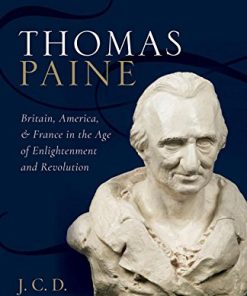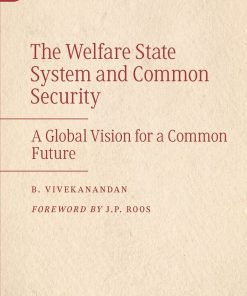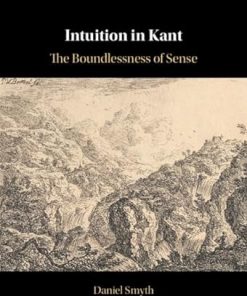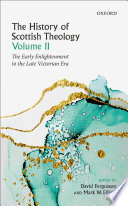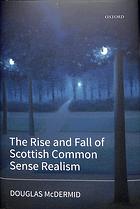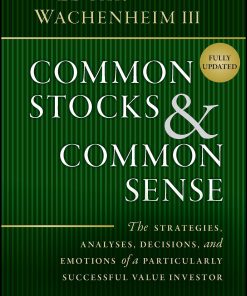Common Sense in the Scottish Enlightenment Bow 0191086495 9780191086496
$50.00 Original price was: $50.00.$25.00Current price is: $25.00.
This completed downloadable of Common Sense in the Scottish Enlightenment C B Bow
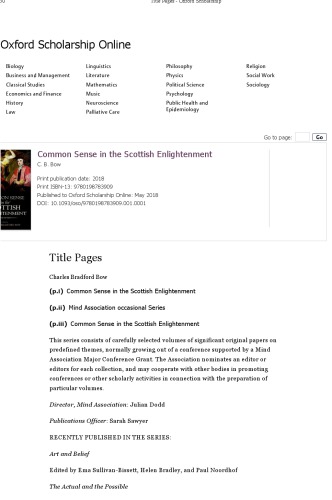
Instant downloaded Common Sense in the Scottish Enlightenment C B Bow pdf docx epub after payment.
Product details:
- ISBN-10: 0191086495
- ISBN-13: 9780191086496
- Author: C B Bow
Common sense philosophy was one of eighteenth-century Scotland’s most original intellectual products. It developed as a viable alternative to modern philosophical scepticism, known as the ‘Ideal Theory’ or ‘the way of ideas’. The nine specially written essays in this volume explore the philosophical and historical significance of common sense philosophy in the Scottish Enlightenment. Thomas Reid and David Hume feature prominently as influential authors of competing ideas in the history and philosophy of common sense. The contributors recover anticipations of Reid’s version of common sense in seventeenth-century Scottish scholasticism; revaluate Reid’s position in the realism versus sentimentalism dichotomy; shed new light on the nature of the ‘constitution’ in the anatomy of the mind; identify changes in the nature of sense perception throughout Reid’s published and unpublished works; examine Reid on the non-theist implications of Hume’s philosophy; show how ‘polite’ literature shaped James Beattie’s version of common sense; reveal Hume’s response to common sense philosophers; explore English criticisms of the Scottish ‘school’, and how Dugald Stewart’s refashioning of common sense responded to a new age and the British reception of German Idealism. In recovering the ways in which Scottish common sense philosophy developed during the long eighteenth century, this volume takes an important step toward a more complete understanding of ‘the Scottish philosophy’ and British philosophy more broadly in the age of Enlightenment.
Table of contents:
1. Common Sense and Ideal Theory in Seventeenth-Century Scottish Philosophy
I. Common Sense and Ideal Theory
II. Seventeenth-Century Common Sense in Epistemology
III. Conclusion
2. Was Reid a Moral Realist?
I. Reid versus Hume
II. Reason and Feeling
III. Moral Realism
IV. Sense and Judgment
V. Truth and Objectivity
3. Reid on Our Mental Constitution
I. In What Way Does Knowledge Depend on Our Constitution?
II. Why Does the Discernment of Truth Depend on Our Constitution?
III. Conclusion
4. On the Ancestry of Reid’s Inquiry: Stewart, Fearn, and Reid’s Early Manuscripts
I. Stewart on the Ancestry of Reid’s Philosophy
II. Are Color Sensations Arranged Spatially?
III. The Analogy of Space with Duration
IV. The Dissimilarity of Color Sensations and Visible Figure and Extension
V. Judgment and the Idea of Space
VI. Fearn’s Account of Reid’s Philosophical Development
VII. Fearn’s Laws of Vision
5. A Common Sense Response to Hume’s Moral Atheism: Reid on Morality and Theism
I. Non-Theistic Implications of Hume’s Moral Philosophy
II. Reid on Human Nature, Morality, and Theism
III. Morality and Theism
6. The Common Sense of a Poet: James Beattie’s Essay on Truth (1770)
I. The Argument of the Essay
II. The Essay as Social Criticism
III. The Sources and Composition of Beattie’s Essay
IV. Conclusion
7. Hume and the Common Sense Philosophers
8. The “New Empire of Common Sense”: The Reception of Common Sense Philosophy in Britain, 1764–1793
I. The Early Reception of Common Sense Philosophy, 1764–1773
II. Joseph Priestley and the “New Empire of Common Sense”
III. The Birth of “the Scotch School”
IV. Responses to Reid’s Essays
V. Conclusion
9. Dugald Stewart and the Legacy of Common Sense in the Scottish Enlightenment
I. Common Sense in an Age of Revolution
II. Ridiculing German Idealism
III. Conclusion
People also search:
scottish common sense philosophy
common sense enlightenment
scottish common sense realism and religion
common sense enlightenment ideas
scottish common sense
You may also like…
Languages - General & Miscellaneous Languages - Reference
History - American Studies
Politics & Philosophy - European & American Philosophy
Intuition in Kant: The Boundlessness of Sense 1st edition Daniel Smyth
History - World History
Politics & Philosophy - European & American Philosophy
The Rise and Fall of Scottish Common Sense Realism First Edition Ferrier
Business & Economics - Investing
Medicine
Differential Diagnosis of Common Complaints 7th Edition by Andrew Symons 0323512329 9780323512329




